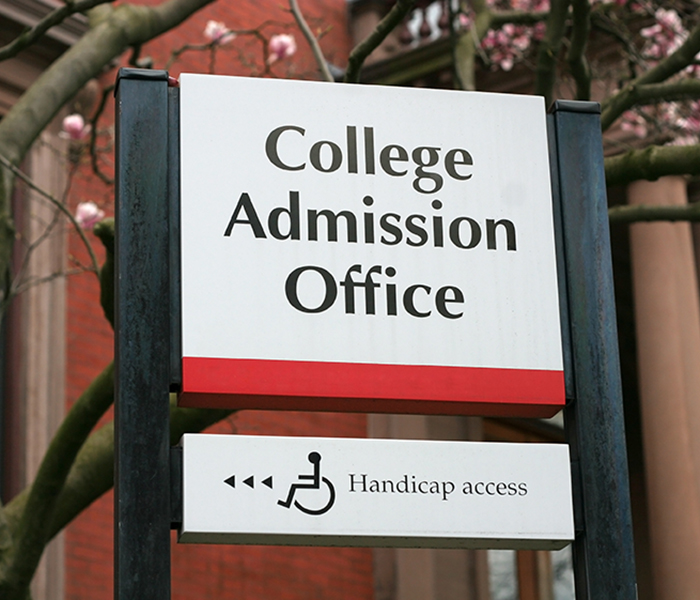We have all been there: sitting in front of the computer screen, cringing at the seemingly endless number of college supplements left to do. Most schools have at least one supplemental essay; many have several. How do you tackle writing supplements, you ask? I will break down for you in a few key points.
- Write a "master" essay first
Yes, I understand- you may have an incredible number of supplements to write. However, you should not have to start from scratch for each one. Rather, draft a "master" essay on a topic, and apply that to several supplements.
For example, several essays will ask you to write about why you chose "Major X" (i.e. why is it important to you and what you will do with such an educational background). It is extremely tedious to write a new take on your major choice for a dozen schools, per se, when you know exactly that you want to do biology or history or whatever it may be. The course of action you should take is to write a "master" essay on why you chose biomedical engineering as your major, for example. After doing that, tweak the "master" essay for the particular school you are applying to.
In my case, I said I would love to attend Stony Brook University to study biomedical engineering because of the plethora of research opportunities and access to world-class facilities such as the Brookhaven National Laboratory. Adding small bits and pieces about each specific school will demonstrate to the AdCom's that you have thoroughly researched the college and understood both what it can offer you and what you can offer it. The "master" essay technique makes your life a heck of a lot easier, while also elevating your essay to a level that will hopefully catch a reader's eye.
- RESEARCH, RESEARCH, RESEARCH! And when you're done, RESEARCH more!
Building on my last point, it is of paramount importance that you research the specifics about each school you apply to. What initially attracted you to the school? If it was the plethora of research opportunities, as it was in my case, then read up on the types of research professors engage in. Find a few that really spark your interest and write about how you would like to one-day work with Professor X on studying habituation in mealworms, for example.
Researching about each school's opportunities may be eye opening in a way. For example, Harvard is by and large one of the most selective schools in the world; it is nearly every students "dream school". However, if your passion is mechanical engineering, you will learn per your research that Harvard doesn't have a particularly strong engineering program, but other schools may. Thus, researching will help you decide the order and preference of the schools on your list.
- Proofread!
It simply cannot be overstated: an essay replete with errors is an essay that is soon to lead to a rejection. You have only a few minutes in front of an AdCom to make a good- no, GREAT- first impression. If his/her only perspective of you is an essay that uses the wrong form of "there/their/they're" repeatedly, they will be immediately turned off. Trust me, punctuation kills.
These are 3 basic, but extremely important tips to help you understand how to craft school-specific essays. Don't be banal. Don't be boring. Most importantly, don't be someone you aren't. Be unique. Be careful and most certainly, be mindful.








